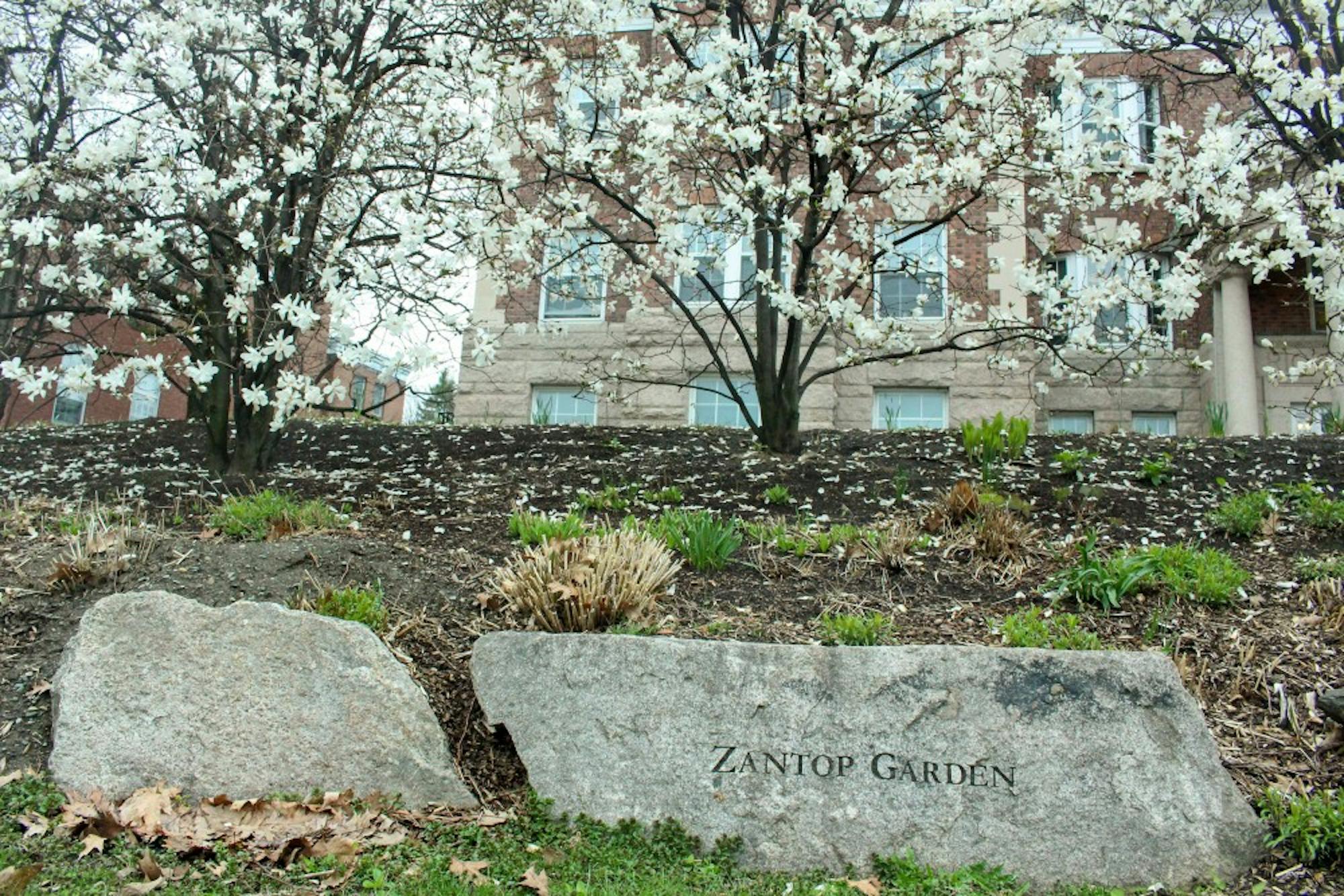James Parker, one of the convicted killers in the Zantop murders — the fatal stabbing of two Dartmouth professors in 2001 — is seeking early release. The hearing was originally scheduled to take place on April 30 but has since been postponed without another scheduled date. In an email statement, Parker’s lawyer, Cathy Green, attributed the postponement to the illness of a key witness.
In 2001, posing as students taking a survey, high school classmates James Parker and Robert Tulloch entered the home of professors Half and Susanne Zantop to rob and murder them. Leaving the knives they used to murder the Zantops at the crime scene, Parker and Tulloch left the house with $340 from Half Zantop’s wallet and made it to Indiana before being arrested. The bodies of the Zantops were later found by a friend who was visiting their home for a dinner. Susanne Zantop was a German language professor and chair of the German department, and Half Zantop was a professor in the geology and earth science department.
Tulloch pled guilty to first-degree murder and was sentenced to life in prison without parole, while Parker received 25 years with the possibility of parole, pleading guilty to second-degree murder in exchange for testifying against Tulloch.
Parker is currently seeking early release from his sentence. His appeal states that he has been a “model” prisoner who has rehabilitated himself and therefore deserves another opportunity for life outside of prison.
“Jim made the decision that he would spend his time in prison constructively with the goal of preparing himself to be a contributing member of society when he was eventually released,” the motion reads.
The appeal added that Parker, while in prison, has obtained a master of science in management from New England College, strengthened his artistic skills by painting a variety of prison murals and has served as a program officer in the Career and Technical Education Center.
The petition for early release has yielded different reactions among current and former Dartmouth community members.
According to a close friend of the Zantops, English professor Alexis Jetter, the Zantops were the center of their friends’ lives. Jetter said she fears the prospect of Parker’s early release.
“Am I worried? You bet I am,” Jetter said. She added that Parker “killed for the pure pleasure of killing,” and that in the aftermath of the murder, she had bolted the doors in her home out of fear.
Jetter also cast doubt on Parker’s self-reformation, describing his actions in prison as a “closely calculated” attempt to create the illusion of a changed person. She added that the mention of Parker’s accomplishments in prison serve as an attempt to detach Parker from his role in the Zantop murders and construct a misleading caricature of who Parker really is.
“What would stop James Parker from killing again? A man who needs no motive can easily kill again,” Jetter said in a letter she sent on April 27 to New Hampshire associate attorney general Jeffery Strelzin.
Phil Pochoda, a friend of the Zantops, holds a different opinion from Jetter’s.
“I was the only one who seemed to be pleased by, if not accepting of, the early release,” Pochoda said. “Nothing could redeem the most cruel and evil act … It doesn’t matter to me if he [Parker] served 19 years, or 25 years, or 50 years — there was no way to repent or forgive.”
Parker’s appeal argues that releasing him early would send a message to inmates who succeed in being rehabilitated.
“By granting a suspension of his sentence, the court will send a powerful message to other inmates that if they are truly extraordinary in their efforts at rehabilitation … that will be recognized and rewarded,” the motion reads.
However, Jetter said she believes that one must also consider the history and context of the Zantop case alongside the motion to suspend. Jetter said that Parker had access to a talented lawyer and lobbyist who represented him, which she said explains why he received a lighter sentence than his accomplice, Tulloch. Jenner noted that Tulloch came from an underprivileged family and lacked Parker’s financial resources.
“Parker’s story is one of privilege and lawyers,” Jetter said. “Parker had every privilege in the world and still slit a woman’s throat as she begged for her life.”



